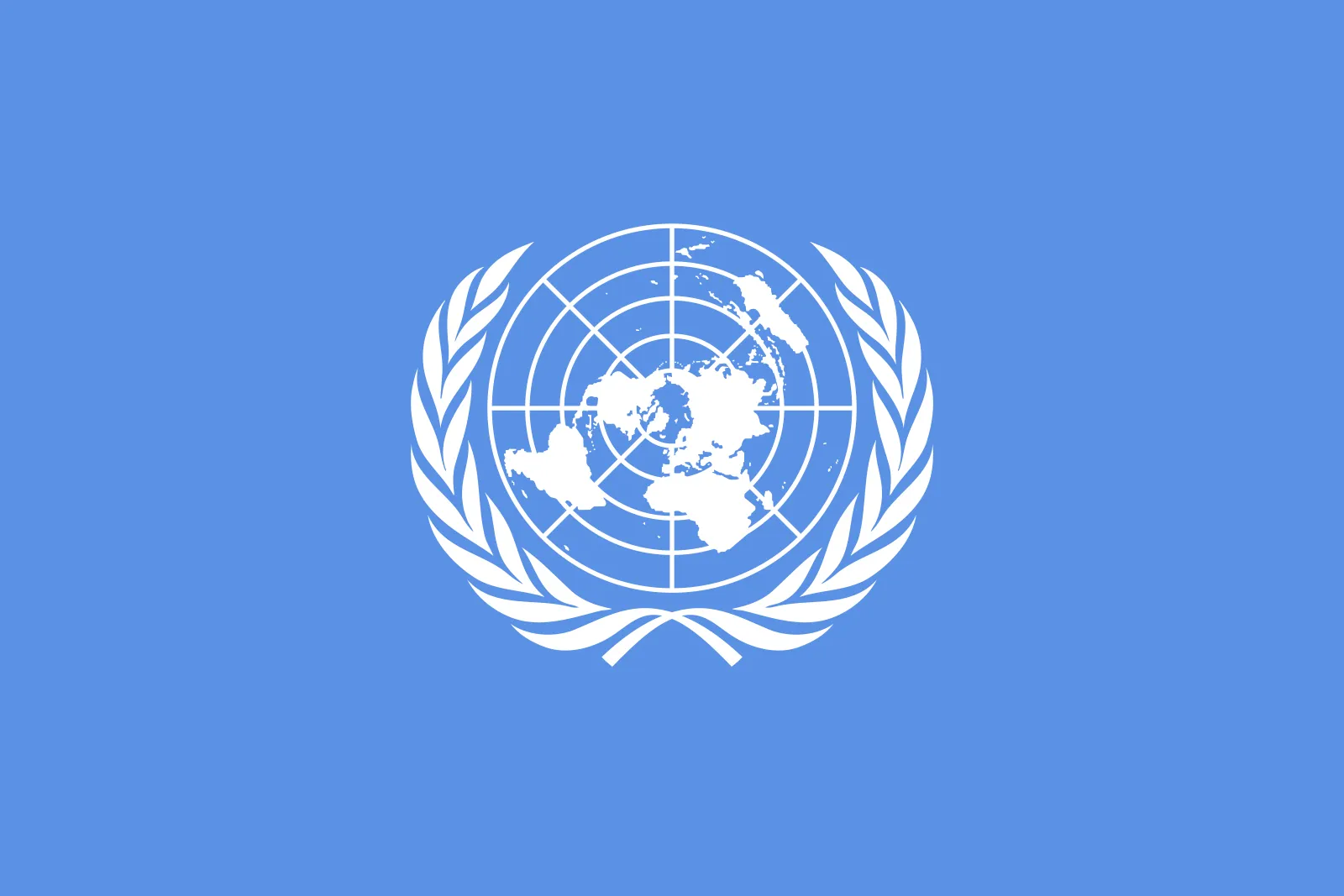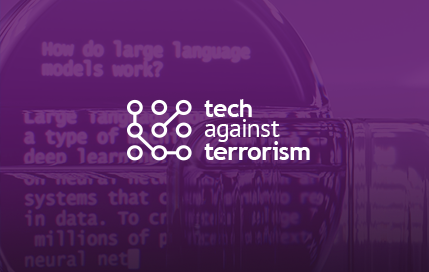1 min read
UN Security Council Calls on Somali Government to Work with Tech Against Terrorism
UN Security Council Resolution looks to Tech Against Terrorism to support the Somali government in identifying and disrupting Al-Shabaab terrorist...
2 min read
Tech Against Terrorism Aug 2, 2024 9:13:10 AM
Tech Against Terrorism welcomes the UK Government’s new National Violence Disorder Unit. Considering this week’s disturbances, we advocate for a National Centre for Open-Source Intelligence, promising a unified government response involving relevant government ministries, regulatory bodies such as Ofcom and the Financial Conduct Authority, civil society, and the tech sector, ensuring evidence-based accountability.
London, 1 August 2024 - Tech Against Terrorism today welcomed the government’s plans to establish a National Violence Disorder Unit. This establishment comes after a week of violence on the streets of the UK, seemingly fostered online through disinformation, hatred against minorities, and the organisation of hostile street action.
Tech Against Terrorism’s threat intelligence analysts have been tracking the sudden explosion of content, much of it seemingly produced from newly established or dormant social media accounts, amplified at ferocious speed, including by outlets linked to foreign states.
The events online and offline this week affirm again that disinformation and extremist content spread rapidly across multiple platforms, exploiting gaps in moderation and necessitating overarching monitoring capabilities to track and counter content as its spreads across the internet. Identifying the sources of disinformation is especially challenging due to sophisticated obfuscation techniques, making attribution complex and demanding advanced open-source intelligence and AI.
While the establishment of a National Violence Disorder Unit is a significant step, it alone cannot address the multifaceted problem of disinformation and extremist content. Disinformation is part of a broader spectrum of interconnected online harms, including child sexual abuse, terrorist content, and scams, which require coordinated responses, including website blocking and takedown.
Adam Hadley, Executive Director of Tech Against Terrorism, said:
“While I commend the government on establishing a National Violence Disorder Unit, I urge our leaders to go one step further. Just as disinformation and online harms are interconnected, so must be our response. We need a centralised team that can identify the kind of content we have seen generated this week within minutes. They would then work across government and the tech sector to coordinate a multi-sector response. Unified government collaboration is essential to tackle these issues effectively. The guardians would be law enforcement, Ofcom, and other regulators. A national centre of excellence that will conduct and openly share the results of their open-source intelligence investigations would enable society to hold platforms and the creators of online content to account, contributing to the resilience of our online and offline communities.”
Why a National Open-Source Intelligence Centre?
The Problem:
Cross-Platform Dissemination: Disinformation and extremist content spread rapidly across multiple platforms, exploiting gaps in moderation. This cross-platform nature allows malicious actors to propagate their narratives effectively, necessitating an overarching monitoring capability.
Challenges of Attribution: Identifying disinformation sources is difficult due to sophisticated obfuscation techniques. Bad actors often disguise themselves, making attribution complex and demanding advanced open-source intelligence and data science.
Interconnected Online Harms: Disinformation is part of a broader spectrum of online harms, including child sexual abuse, terrorist content, and scams. These interconnected issues require coordinated responses.
Establish a National Centre for Open-Source Investigation: There is an urgent need to create a centralised National Centre for Open-Source Investigation. This centre would coordinate efforts across platforms, rapidly analyse and debunk disinformation, and collaborate with platforms to remove harmful content. The creation of this centre would not require significant effort but would vastly improve coordination and response.
Legislative Changes: New legislation may be needed to enable government agencies to collect and analyse social media content. Current exaggerated concerns about GDPR and RIPA hinder effective action. The government should amend legislation to empower departments and consolidate responsibility within the National Centre, streamlining efforts to counter disinformation and other online harms.
Transparency and Engagement: Promote transparency and open dialogue to build public trust and confidence in counter-disinformation efforts. A transparent response framework is crucial for undermining malicious activities.
Strategic Investment: Invest in cutting-edge open-source intelligence and data science to protect democratic institutions. A national centre would provide the technological edge needed to counter disinformation campaigns.
Unified Government Collaboration: Link key government bodies like the Financial Conduct Authority, Ofcom, the Home Office, and the Foreign Office. These entities need best-in-class intelligence to enforce regulations across multiple harm types, including child sexual abuse and online scams.

1 min read
UN Security Council Resolution looks to Tech Against Terrorism to support the Somali government in identifying and disrupting Al-Shabaab terrorist...

Following the UK government’s announcement that it intends to ban the political group Hizb ut-Tahrir, Tech Against Terrorism outlines the...